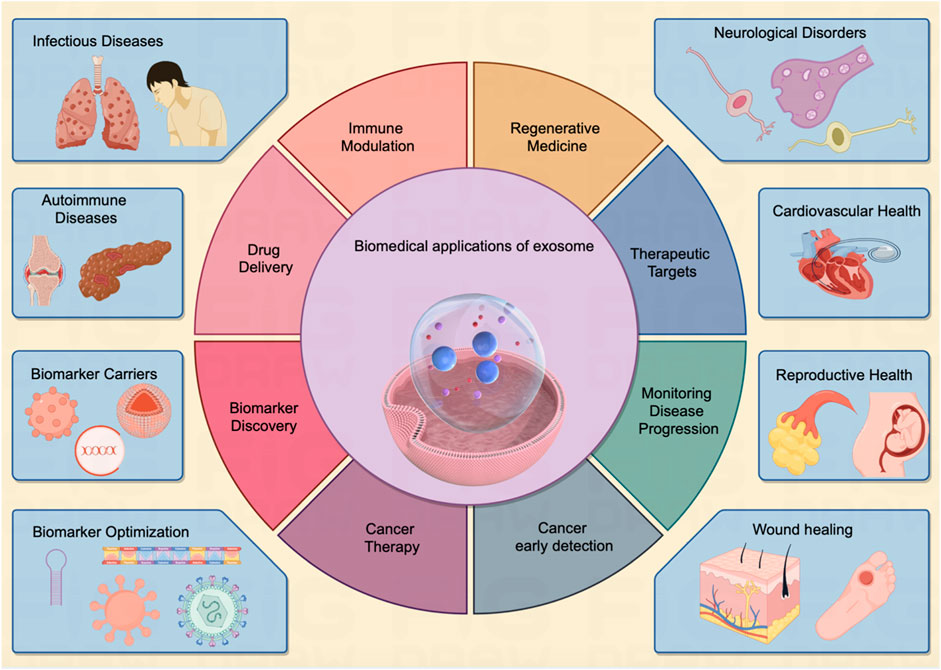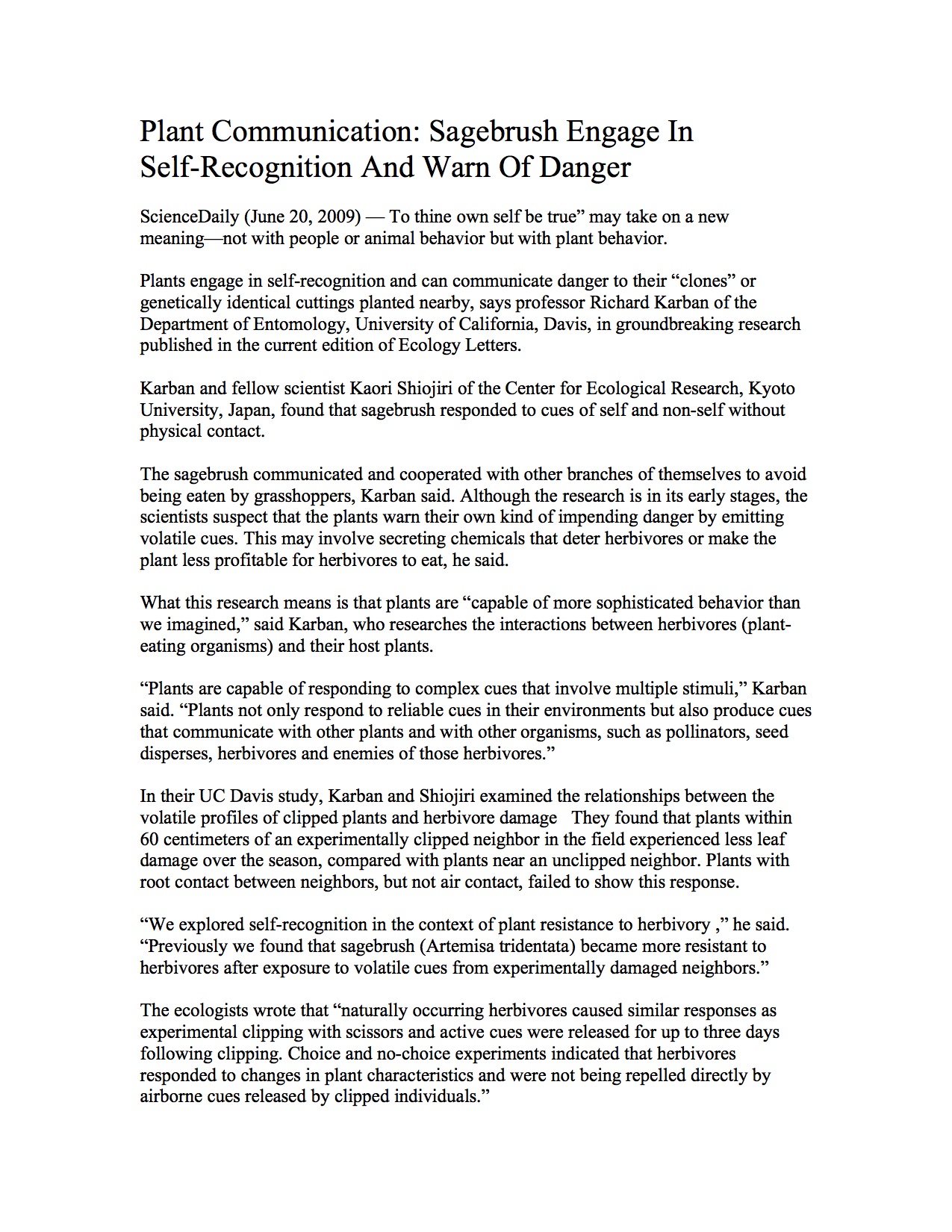Research Report: Association Between Oral Contraceptive Use and Depressive Symptoms in U.S. Women
A recent cross-sectional study investigated the relationship between the duration of oral contraceptive use and the prevalence of depressive symptoms among women in the United States. The findings present significant implications for public health strategies aligned with the United Nations Sustainable Development Goals (SDGs), particularly SDG 3 (Good Health and Well-being) and SDG 5 (Gender Equality).
Context: Mental Health and Sustainable Development
Depression is a leading global mental health disorder, disproportionately affecting women. Addressing this challenge is central to achieving SDG 3, which aims to ensure healthy lives and promote well-being for all at all ages. Concurrently, access to reproductive healthcare, including oral contraceptives, is a critical component of SDG 5, which seeks to achieve gender equality and empower all women and girls. This study explores the intersection of these two global priorities.
Methodology
The research utilized a large-scale, nationally representative dataset to analyze the association between the duration of birth control pill use and depression risk.
Data Source and Sample
- Data Set: The study analyzed data from the National Health and Nutrition Examination Survey (NHANES) for the years 2005-2012.
- Study Population: From an initial pool of over 5,500 women, the final analysis included more than 2,700 participants who met the inclusion criteria. Exclusions were made for individuals with missing data on contraceptive use, depression symptoms, or other key health variables.
Assessment and Analysis
- Depressive Symptoms: The Patient Health Questionnaire-9 (PHQ-9) was used to assess depressive symptoms. A score of 10 or higher was the threshold for indicating significant symptoms.
- Statistical Control: Advanced statistical models were employed to control for confounding variables, including age, race, body weight, alcohol consumption, and pre-existing medical conditions like diabetes and cardiovascular disease.
Key Findings
The analysis revealed a statistically significant inverse correlation between the duration of oral contraceptive use and the likelihood of experiencing depressive symptoms.
Primary Association
A longer duration of birth control pill use was associated with a lower probability of reporting depressive symptoms. The odds of meeting the threshold for depression decreased with each additional year of use. This finding supports the potential for hormonal regulation to contribute positively to mental well-being, a core target of SDG 3.
Subgroup Analysis
The association was particularly pronounced among women without diabetes. In this subgroup, each additional year of oral contraceptive use was linked to an approximate 5% decrease in the likelihood of experiencing significant depressive symptoms.
Threshold Analysis
The most significant protective effect was observed in women who had used oral contraceptives for up to 9.3 years. Beyond this duration, the negative association persisted but did not strengthen further.
Implications for Sustainable Development Goals
The study’s results provide valuable insights for public health policy aimed at achieving key SDG targets.
Advancing SDG 3: Good Health and Well-being
The findings contribute to a deeper understanding of factors influencing mental health. The potential mechanisms include:
- Hormonal Stabilization: Oral contraceptives may stabilize fluctuations in estrogen and progesterone, which are known to affect mood and brain function.
- Neuroprotective Effects: Estrogen and progesterone have been shown to reduce neuroinflammation and support brain health, potentially mitigating factors that contribute to depression.
By identifying a potential link between long-term contraceptive use and reduced depression risk, this research underscores the interconnectedness of physical and mental health, reinforcing the holistic approach of SDG 3.
Supporting SDG 5: Gender Equality
This research highlights how access to reproductive healthcare can have benefits that extend beyond family planning. By potentially reducing the burden of depression, a condition that disproportionately affects women, oral contraceptives can serve as a tool for empowerment. Ensuring women’s health is fundamental to achieving gender equality, allowing for greater participation in education, the workforce, and public life, all of which are central tenets of SDG 5.
Limitations and Future Directions
While the study provides important data, several limitations must be considered for a comprehensive understanding.
- Causality: The cross-sectional design cannot establish a cause-and-effect relationship. It is possible that women less prone to depression are more likely to use contraceptives long-term.
- Contraceptive Formulation: The study did not differentiate between various types or dosages of oral contraceptives, which may have different effects on mood.
- Population Scope: The findings are limited to adult women aged 20 and older and may not be generalizable to adolescents.
Future longitudinal studies are recommended to track women over time, collect detailed data on contraceptive formulations, and monitor mood changes. Such research would further clarify these associations and inform evidence-based health policies that advance both SDG 3 and SDG 5.
Which SDGs are addressed or connected to the issues highlighted in the article?
-
SDG 3: Good Health and Well-being
The article directly relates to this goal by focusing on mental health, specifically depression, which is a major global health concern. It examines a potential link between the use of oral contraceptives and a reduced risk of depressive symptoms, contributing to the broader objective of promoting mental health and well-being.
-
SDG 5: Gender Equality
This goal is relevant as the article discusses issues central to women’s health and autonomy: access to contraception and the prevalence of depression, which the article notes “affects women more frequently than men.” Access to family planning methods like birth control pills is a key component of empowering women and achieving gender equality.
What specific targets under those SDGs can be identified based on the article’s content?
-
Target 3.4: Promote mental health and well-being
The article’s core subject is the “Association between duration of birth control pill use and risk of depression.” It investigates how a common medication might influence mental health, specifically aiming to clarify if oral contraceptives have a “possible protective effect” against depressive symptoms. This directly aligns with the target of promoting mental health.
-
Target 3.7: Ensure universal access to sexual and reproductive health-care services
The study revolves around “birth control pills, or oral contraceptives,” which are a primary method for family planning. The research analyzes data on how long women have used these pills, which relates to the accessibility, availability, and continued use of reproductive health services. The findings could inform how these services are provided and what information is given to users.
-
Target 5.6: Ensure universal access to sexual and reproductive health and reproductive rights
This target is addressed through the article’s focus on oral contraceptives. The use of birth control is an exercise of reproductive rights. The study’s investigation into the additional health impacts (in this case, on mental health) of using contraception is relevant to the comprehensive information and services that should be universally accessible to women.
Are there any indicators mentioned or implied in the article that can be used to measure progress towards the identified targets?
-
Prevalence of depressive symptoms
The article explicitly mentions the use of the “Patient Health Questionnaire-9” to assess depressive symptoms. A score of 10 or higher is used as a “threshold to indicate the presence of significant depressive symptoms.” This provides a direct, measurable indicator for tracking mental health outcomes in a population, relevant to Target 3.4.
-
Duration of contraceptive use
The study’s primary variable is the “duration of birth control pill use.” The researchers analyzed how long participants had used the pills and found that the “odds of depressive symptoms decreased with each additional year of birth control pill use.” This duration can serve as an implied indicator for Target 3.7 and Target 5.6, reflecting not just initial access but sustained use of modern family planning methods.
SDGs, Targets, and Indicators Table
| SDGs | Targets | Indicators (Mentioned or Implied in the Article) |
|---|---|---|
| SDG 3: Good Health and Well-being | 3.4: By 2030, reduce by one third premature mortality from non-communicable diseases through prevention and treatment and promote mental health and well-being. | Prevalence of significant depressive symptoms, as measured by a score of 10 or higher on the Patient Health Questionnaire-9 (PHQ-9). |
| SDG 3: Good Health and Well-being | 3.7: By 2030, ensure universal access to sexual and reproductive health-care services, including for family planning, information and education… | Duration of birth control pill use among women, indicating sustained access to and use of modern contraceptive methods. |
| SDG 5: Gender Equality | 5.6: Ensure universal access to sexual and reproductive health and reproductive rights… | Rate and duration of oral contraceptive use by women, reflecting the exercise of reproductive health rights. |
Source: psypost.org
![]()






